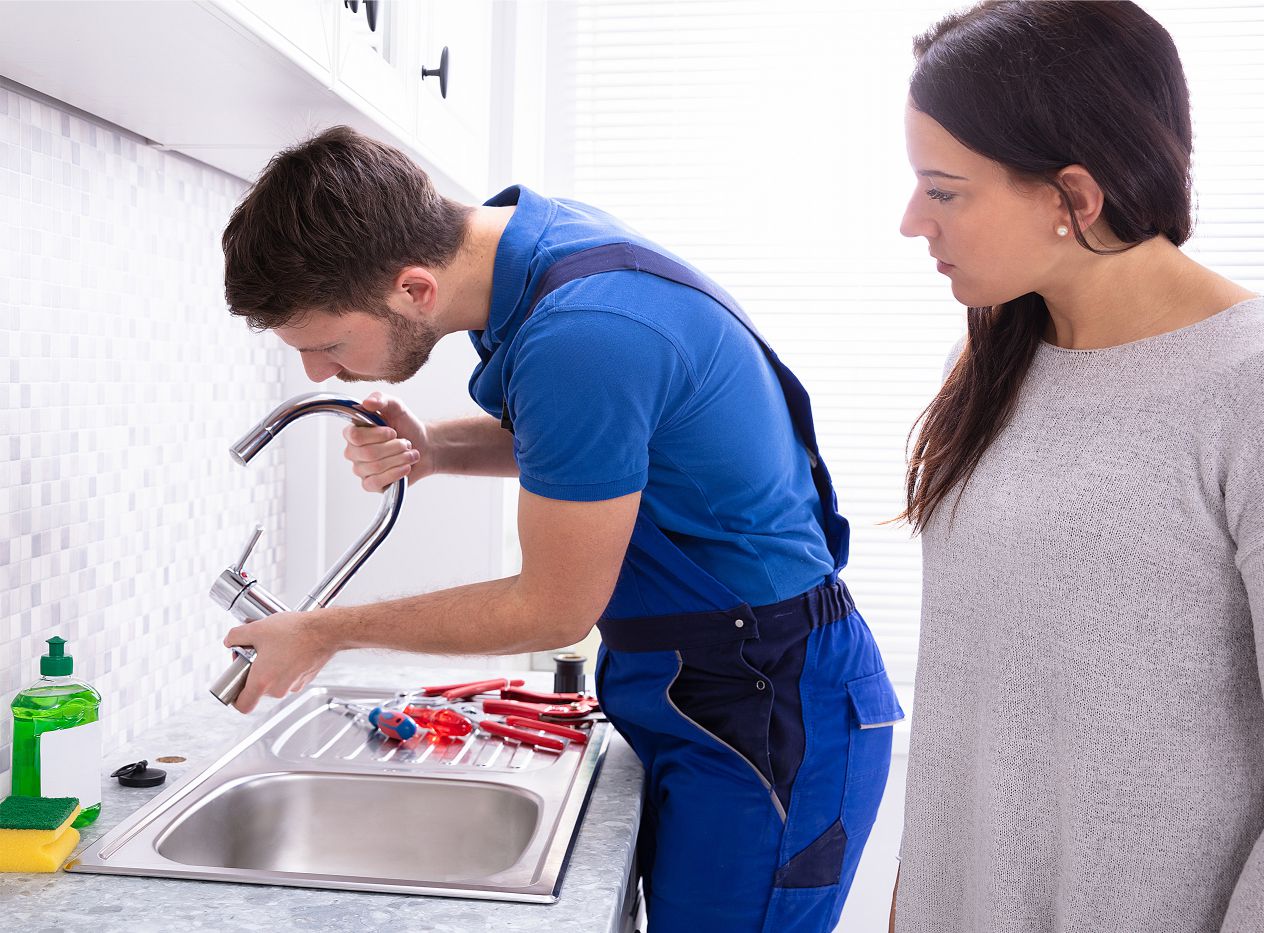As winter approaches, the looming spectre of rising central heating costs casts a chilly shadow on many households. Did you know that, on average, heating can account for over 40% of a home’s energy bills during the colder months?
This statistic highlights the significant financial impact of keeping your home warm and cosy. As temperatures drop, so does your bank balance. Here are all the nuances of cost management without compromising on the warmth that makes a house a home.
Understanding Central Heating Costs
Let’s dig into the nitty-gritty details to get a handle on how central heating costs play out in your life. Picture your central heating system as the MVP here. If you’re dealing with an older boiler, it’s like that ageing rockstar – still kicking but burning through more energy to keep the show going. The size and insulation of your digs matter, too.
A snug, well-insulated home is like a warm hug that sticks around, needing less constant heating action.
Now, consider the size of your haven. Bigger homes? Well, they’re like energy-hungry giants, demanding more to stay cosy. And then there’s your vibe – your eating habits.
Knowing when and how you work that thermostat magic is like holding the key to a secret treasure chest. As we unpack these factors that shape your heating bills, it’s clear – you need the lowdown to work smart on saving costs.
Now, buckle up because we’re about to dive into savvy strategies that fit like a glove with this newfound knowledge, ensuring your energy bills get the memo: it’s time to slim down.
Efficient Temperature Control
Efficient temperature management is paramount. Installing a programmable thermostat can make a substantial difference.
These devices allow for precise temperature settings according to your daily schedule, ensuring the heating system is only active when necessary. Reducing your thermostat setting by even a small amount can significantly lower your heating costs.
Regular Maintenance
Keeping your central heating system in top condition is vital for efficiency. Engaging reliable plumbing services for annual maintenance can prevent costly breakdowns and ensure optimal performance. Simple actions like regularly replacing filters and servicing your boiler can improve efficiency and longevity.
Insulation and Sealing
Insulation becomes the superhero in your battle against heating costs. Specific materials like fibreglass or foam board, strategically placed in walls, roofs, and floors, form an impenetrable shield, trapping warmth inside and reducing the need for constant heating.
Yes, it’s an upfront investment, but consider it a down payment for substantial long-term savings. Insulation isn’t just about keeping the cold out; it’s an investment that pays dividends in cosiness and cost savings for years.
Zoning Your Home
Imagine if you could heat only the areas of your home that are in use. That’s the magic of zoning. In simpler terms, it involves heating different areas independently. Picture this: during the day, you’re only heating the living room and the kitchen, saving energy in the bedrooms and unused spaces.
Expertly managed by plumbing contractors, zoning emerges as a wizardly tool to cut down your heating bills. It’s not just about warming spaces; it’s about heating spaces strategically, making every bit of energy count.
Energy-Efficient Heating Systems
Upgrading your heating system is like trading in your gas-guzzler for a fuel-efficient hybrid. Modern, high-efficiency systems use less energy to provide the same warmth, resulting in substantial savings. When contemplating a new installation, choose a system with a high energy-efficiency rating tailored to your home’s needs.
- Pro tip: check for available government incentives or rebates to sweeten the deal. Investing in an energy-efficient system isn’t just about having a fancy feature; it’s a clever financial decision that really shows its worth over time.
Proper Use of Radiators and Vents
Radiators and vents, the foot soldiers of warmth, need your attention. Regularly check for obstructions – no furniture or curtains should impede their effectiveness.
Don’t forget to bleed your radiators; it’s the equivalent of giving them a spa day, ensuring optimal performance.
Remember, a well-maintained heating system is a cost-effective one. It’s not just about the mechanics; it’s about guaranteeing that every piece of your heating system is running smoothly, providing warmth efficiently and economically.
Solar Heating and Alternative Energy Sources
Picture a world where your heating comes from the sun. Solar heating systems and alternative energy sources are not some futuristic dreams but present-day solutions.
While the initial investment might seem steep, the reduction in reliance on traditional heating methods translates to lower energy bills and significantly less carbon footprint. Both the planet and your bank account shall benefit from this long-term investment. Not to mention that alternative energy sources are the future of heating.
When you decide to invest in them, it’s more than a financial decision – it’s a commitment to a greener, more sustainable world.
Optimising Water Heater Settings
Your water heater might be the silent contributor to high energy bills. Adjusting the temperature to a comfortable yet energy-efficient range can significantly reduce your expenses.
Tank insulation is the unsung hero here, maintaining water temperature and reducing the need for constant reheating. It’s not just about hot water; it’s about using it wisely, ensuring that every drop is heated efficiently and economically.
Utilising Smart Heating Controls
Smart heating controls offer a high level of convenience and efficiency. These systems allow you to control your heating remotely via a smartphone app, ensuring you only heat your home when necessary. This can be particularly useful for adjusting settings when you’re away from home or in case of unexpected weather changes.
Implementing Lifestyle Changes
Simple lifestyle changes can also contribute to heating cost savings. Wearing warmer clothing indoors, using draught excluders, and only heating rooms when they are in use can all make a difference. Encouraging family members to be mindful of these practices can cultivate energy-saving habits.
Professional Assessments and Upgrades
Think of professional plumbers as your heating system’s doctors. Seeking their expertise unveils specific areas for improvement. Multiple opinions ensure a comprehensive assessment, guiding you toward potential upgrades like more efficient boilers or radiators.
While there might be an initial investment, the long-term savings make it a wise financial move. Investing in professional assessments isn’t just about fixing issues; it’s about optimising your heating system for maximum efficiency and savings.
Conclusion
Reducing the cost of central heating is multifaceted, combining efficient usage, regular maintenance, intelligent upgrades, and lifestyle adjustments.
By understanding and implementing these strategies, you can achieve a balance between maintaining a warm, comfortable home and managing your heating expenses effectively.
Remember, investing in your central heating system’s efficiency saves money and contributes to a more sustainable living environment.

